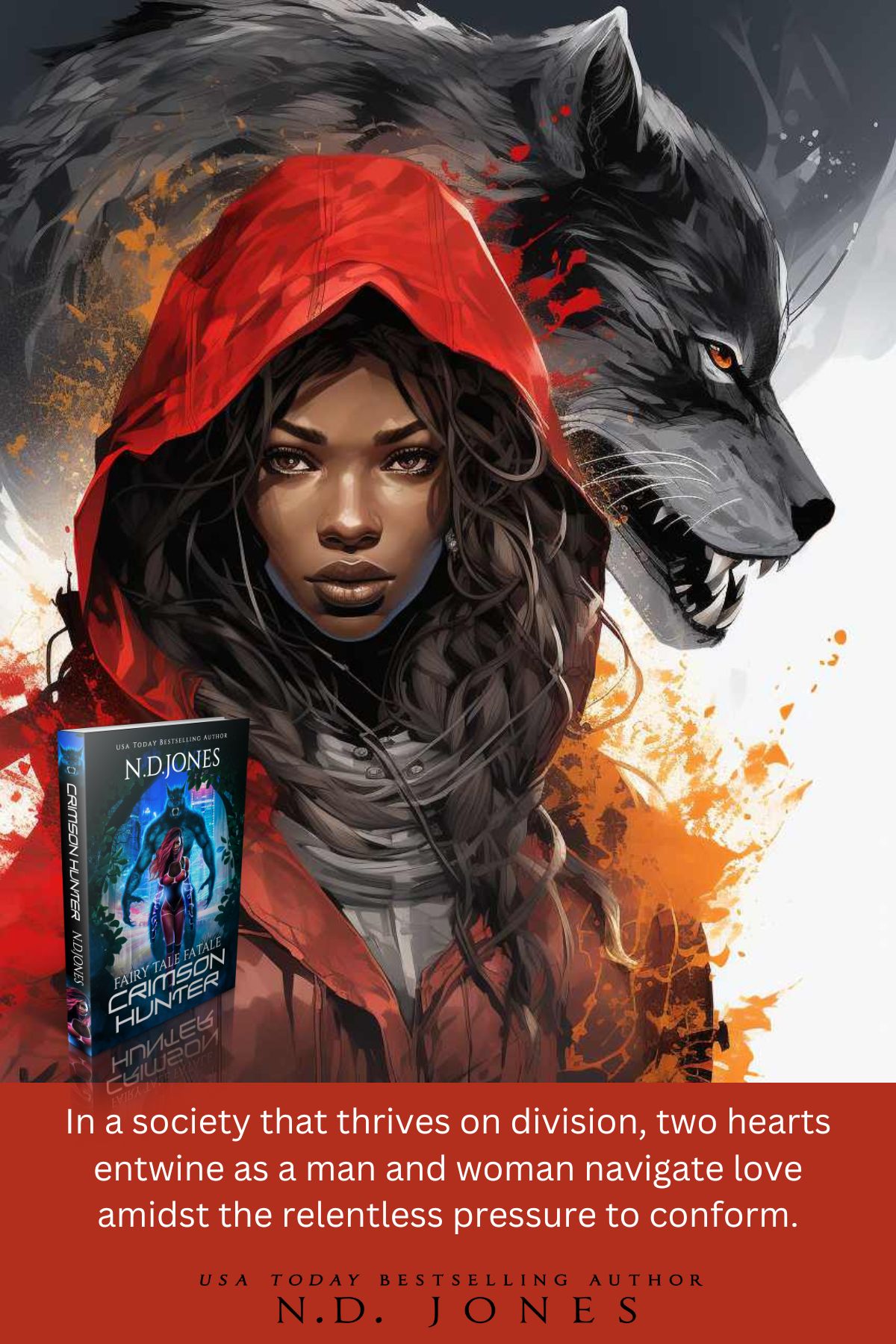In the ever-evolving landscape of literature, the importance of representation cannot be overstated. Nowhere is this more evident than in the transformative power of Black characters portrayed as heroes. In this exploration, we delve into the profound impact of representation, specifically focusing on the role of Black characters as central figures in literature and the lasting effects on readers.
Introduction: The Power of Seeing Ourselves as Heroes
For far too long, literature has struggled with a lack of diverse representation, particularly in the portrayal of heroes. However, a wave of change is sweeping through the literary world as Black authors champion narratives that position their characters as central figures in epic tales. The significance of seeing oneself reflected as a hero goes beyond mere storytelling; it shapes identity, inspires confidence, and fosters a sense of belonging.
The Birth of Icons: Black Heroes in Fantasy and Beyond
Black heroes have emerged across various genres, reshaping the narrative landscape and challenging traditional storytelling norms. In fantasy literature, authors like Octavia Butler and N.K. Jemisin has crafted worlds where Black protagonists embark on epic journeys, battling both external foes and internal struggles. These heroes, often complex and multifaceted, become symbols of resilience and strength, transcending racial boundaries.
Breaking Stereotypes: Redefining Heroic Archetypes
Historically, hero archetypes in literature have been limited in scope and often perpetuated stereotypes. Black authors are at the forefront of challenging these limitations, introducing heroes who break free from traditional molds. In Nnedi Okorafor's "Akata Witch," the protagonist, Sunny Nwazue, defies expectations, embodying a hero whose strength lies in her unique abilities and resilience.
The Ripple Effect: Inspiring Future Generations
The impact of seeing Black characters as heroes extends beyond the pages of a book. Young readers, particularly those from marginalized communities, find inspiration and encouragement in narratives where characters who look like them overcome challenges and emerge victorious. Representation becomes a powerful tool in shaping the aspirations and self-perceptions of future generations.
Identity and Empowerment: Affirming the Self
When Black characters take center stage as heroes, readers are not only entertained but also affirmed in their identity. This affirmation fosters a sense of empowerment, reinforcing the idea that individuals from diverse backgrounds can be the protagonists of their own stories. The hero's journey becomes a universal narrative, transcending racial and cultural boundaries.
Conclusion: A New Chapter in Literary Representation
As we navigate the realms of literature, the impact of Black characters as heroes becomes a cornerstone in the ongoing quest for diverse and inclusive storytelling. The narratives crafted by Black authors not only challenge existing norms but also pave the way for a more dynamic and rich literary landscape.
In celebrating the heroes born from these narratives, we acknowledge the profound influence they have on readers, young and old alike. The power of representation lies not only in reflecting the diversity of our world but in shaping a narrative where everyone can envision themselves as the hero of their own story. As literature continues to evolve, so too does the potential for transformative change—one hero at a time.

